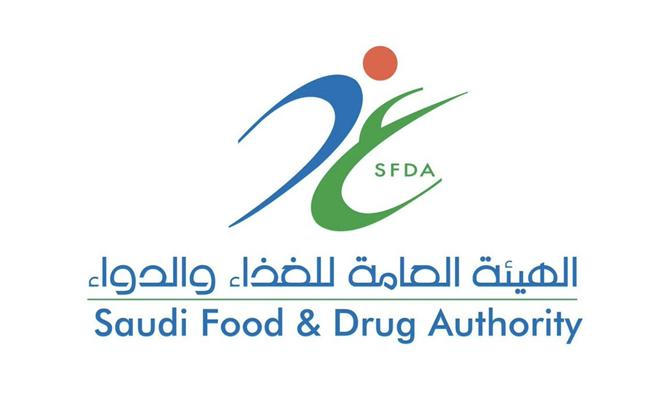

- Hajj And Omrah
-
About SFDA
About SFDA
SFDA in vision 2030
Authority Strategy
Career and Life
- Information Lists
-
Areas
- Consumer Corner
- Media Centre
- Eservices
Supplementation with antioxidants and folinic acid for children with Down’s syndrome
Supplementation with antioxidants and folinic acid for children with Down’s syndrome
Supplementation with antioxidants and folinic acid for children with Down’s syndrome
2008-03-19
The objectives of the study were to assess whether supplementation with antioxidants, folinic acid, or both improves the psychomotor and language development of children with Down’s syndrome.
The study was designed to be a randomized controlled trial with two by two factorial design. Participants were 156 infants aged under 7 months with trisomy 21.
Participants were randomized to receive either daily oral supplementation with antioxidants (selenium 10 µg, zinc 5 mg, vitamin A 0.9 mg, vitamin E 100 mg, and vitamin C 50 mg), folinic acid (0.1 mg), antioxidants and folinic acid combined, or placebo.
Main outcome measures were Griffiths developmental quotient and an adapted MacArthur communicative development inventory 18 months after starting supplementation; biochemical markers in blood and urine at age 12 months.
Children randomized to antioxidant supplements attained similar developmental outcomes to those without antioxidants (mean Griffiths developmental quotient 57.3 v 56.1; adjusted mean difference 1.2 points, 95% confidence interval –2.2 to 4.6). Comparison of children randomized to folinic acid supplements or no folinic acid also showed no significant differences in Griffiths developmental quotient (mean 57.6 v 55.9; adjusted mean difference 1.7, –1.7 to 5.1). No between group differences were seen in the mean numbers of words said or signed: for antioxidants versus none the ratio of means was 0.85 (95% confidence interval 0.6 to 1.2), and for folinic acid versus none it was 1.24 (0.87 to 1.77). No significant differences were found between any of the groups in the biochemical outcomes measured. Adjustment for potential confounders did not appreciably change the results.
This study provides no evidence to support the use of antioxidant or folinic acid supplements in children with Down’s syndrome.
Source: BMJ 2008;336:594-597


